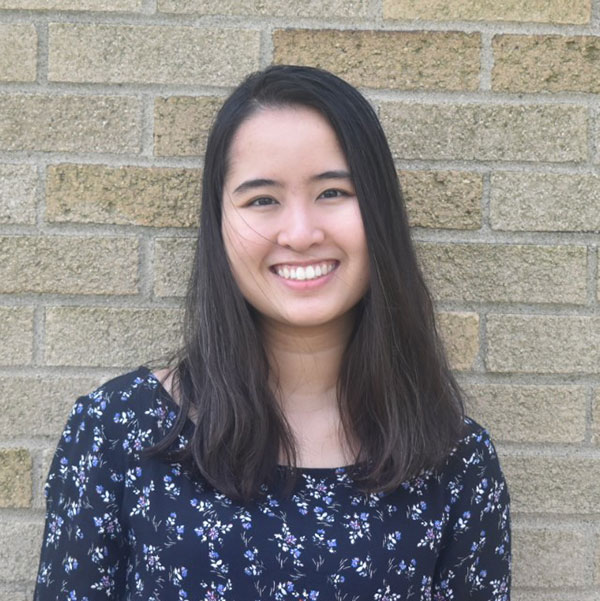
Investigation of PC1 and SI Bacteriophages’ Putative Genomic Identities and Infection Methods on Phage Resistant Pseudomonas Chloraphis

Name: May Le
Major: Biochemistry and Molecular Biology
Advisors: Stephanie Strand, James West
As treatments for infection from drug resistant bacteria become more challenging nowadays, phage therapy arises as an alternative solution. Phage therapy uses phages (viruses that targets bacteria) to kill drug resistant bacteria in infection. The therapy, however, faces difficulties in finding suitable and well-characterized phages to clinically target infections. This thesis aims to enrich the current phage resource by providing some genomic and phenotypic characterization of two isolated phages, PC1 and SI on 14B11 host strain. Several methods were based on the knowledge of how PC1 and SI infect hosts, such as phage/host binding mechanisms phages use to kill hosts. These methods include (i) the analysis of phages’ infectivity via microbiology assays, (ii) the genomic analysis of two phage resistant hosts against these phages and phage adsorption rate, and (iii) characterization of phage genetics. Subsequently, host range analysis shows that SI infect 3 phage resistant mutants from 14B11, while PC1 does not infect any. PC1 displays a bigger plaque size than SI. Genetic evidence and adsorption assays indicate that PC1 and SI can adsorb into one mutant, and flagella and lipopolysaccharides are potential receptors for SI and PC1, respectively. Phage genomic data suggests that PC1 may belong to the T7-like phage group with similar infection mechanisms as the T7 phage, while SI can be a potential new phage species. Mutations in host genome also relate to genes in internal biological pathways of hosts, suggesting how phages may infect from the inside.
Posted in Comments Enabled, Independent Study, Symposium 2023 on April 14, 2023.
One response to “Investigation of PC1 and SI Bacteriophages’ Putative Genomic Identities and Infection Methods on Phage Resistant Pseudomonas Chloraphis”
Related Posts
Related Areas of Study
Biochemistry & Molecular Biology
Biology and Chemistry combine in an interdisciplinary program for students with a passion for molecular events.
Major


Congratulations, May!! So interesting to see the potential infection mechanisms you uncovered. Amazing project, best wishes post-grad!